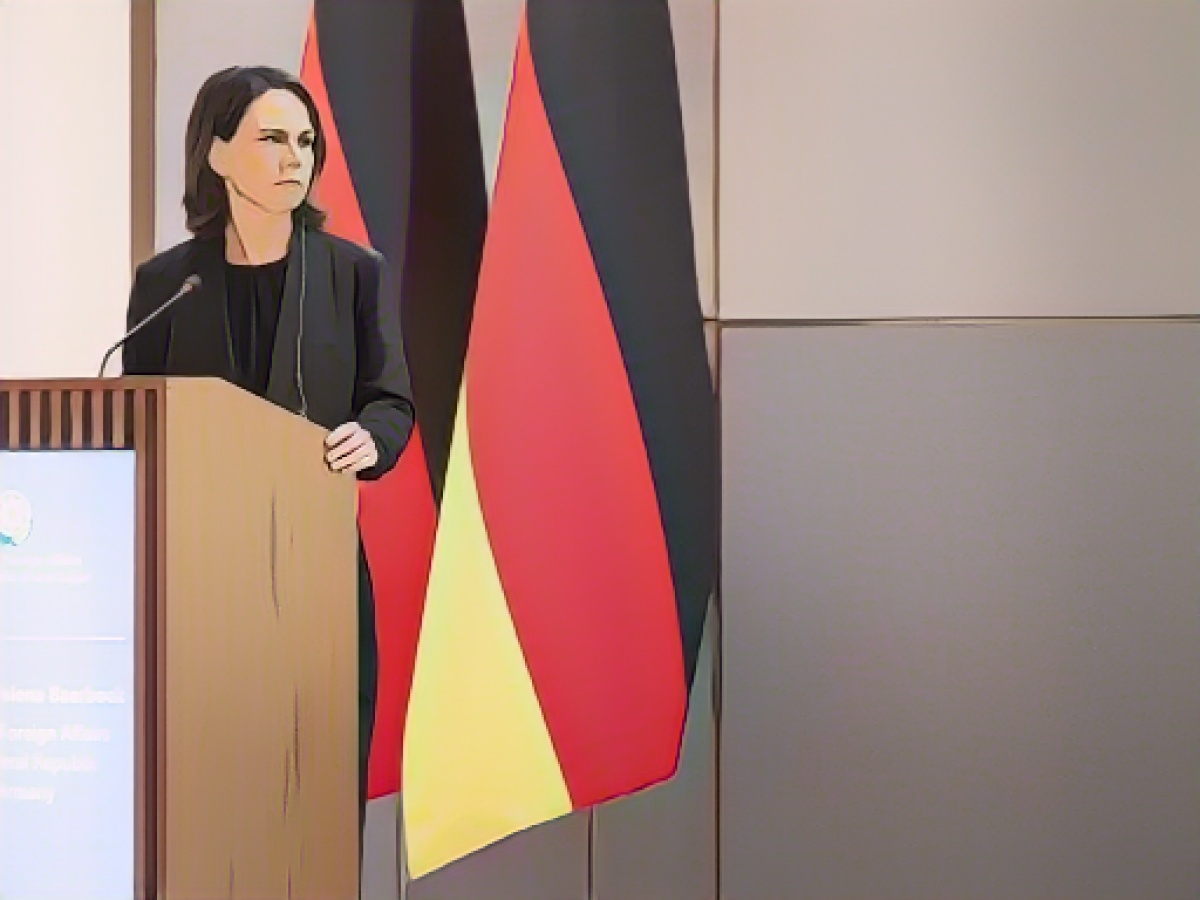Formula 1's Unlikely Villain: The FIA's Misplaced Aggression Against Toto Wolff and His Wife
Formula 1, the thrilling and enthralling world of automobile racing, has always been a stage for the extraordinary. Some moments delight, others amuse, and others leave you in awe. Yet, lately, Formula 1 has taken on a different role: the antagonist. After the end of the season, the FIA stepped into the spotlight as the villain, while Toto Wolff, the Mercedes Team boss, and his wife Susie Wolff became the unlikely heroes.
In an interview, Toto Wolff expressed his feelings about the situation, calling it an "attack on my family". He believed that an absurd accusation was fabricated out of nothing, and that it was a personal attack that crossed a red line.
So, what transpired?
The Uproar
Last week, an article appeared on the industry magazine "BusinessF1". The article suggested that Susie Wolff, as Head of the women's racing series F1 Academy, had access to confidential information from Formula 1 Management (FOM) and had passed it on to her husband, Toto Wolff. Conversely, Toto Wolff was alleged to have conveyed confidential discussions between team bosses to Susie, who then passed it on to Formula 1 Management. Other team bosses supposedly complained to FIA President Mohammed bin Sulayem. The information was said to have originated from an anonymous source in FOM.
Miraculously, the FIA, which usually shies away from public scrutiny, immediately announced a compliance investigation. The uproar was immense, not only among the Wolffs and the Mercedes team, but across the entire Formula 1 community. Susie Wolff even reported experiencing online abuse about her work and family, triggered by the speculation.
However, the other nine racing teams showed an unprecedented show of solidarity. They declared unanimously that nobody had complained about any information leaks. Formula 1 Management also rejected the allegations.
The FIA's Retreat
Within two days, the FIA quickly closed the investigation, just in time for the grand gala in Azerbaijan's capital, Baku. In a statement that could be called windier than a desert storm, the FIA assured that appropriate measures were in place to avoid potential conflicts. In essence, they had turned tail and trolled.
The closing of the investigation led to an outburst from Lewis Hamilton, the seven-time world champion. He called it a "disappointing week". The FIA, he felt, had attempted to "question the integrity of one of the most incredible female leaders we have ever had in our sport in Susie Wolff". Mercedes announced that it was considering legal action.
The Power Struggle
The main question remains: why did the FIA, an organization known for its neutrality, decide to act against its better judgment and turn the entire Formula 1 against itself? It is plausible to speculate that FIA President Mohammed bin Sulayem was attempting to weaken one of its strongest representatives, Toto Wolff and the Mercedes team, in the struggle for power against FOM boss, Stefano Domenicali, and Formula 1 as a whole.
Since Bin Sulayem became President of the FIA, conflicts have arisen regularly. He wanted to allow an 11th team in Formula 1. However, the entry of the US team, Andretti, has failed due to resistance from other racing teams. They are not keen on accepting any financial losses or the possibility of a strong competitor. Andretti would also be a significant competitor, as General Motors backs the team, providing its engine by 2028. Bin Sulayem also irritated the teams with his public speculation about selling Formula 1 to Saudi Arabia – something that didn't sit well with them.
If Bin Sulayem was indeed behind this attack on Susie and Toto Wolff, he had made an audacious gamble. His actions ultimately unified the ten racing teams, a setback in his battle for supremacy in Formula 1.
Takeaway
The FIA's precipitous decision to investigate Wolff and his wife led to an uproar, ultimately resulting in their public humiliation. The row exposed frailties within Formula 1, but also highlighted a fierce alliance among the teams. The debacle serves as a reminder that power struggles can often lead to misplaced aggression, and that unity is crucial in the face of adversity.







